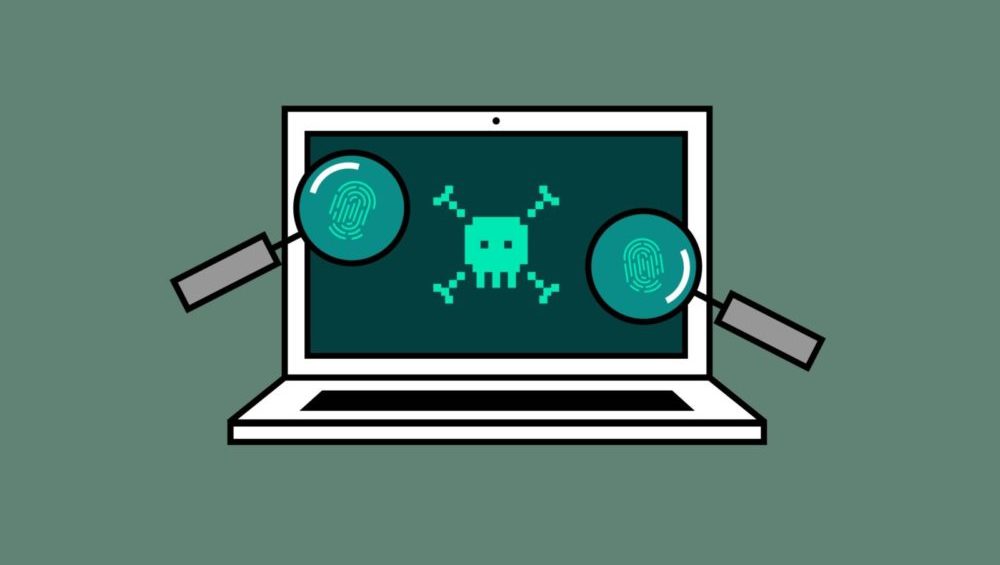

Everyday there are thousands of spam emails sent in a bid to convince users they’ve been “caught” on camera. Say cheese!Ĭybercriminals frequently attempt tricking people into believing they’ve been caught by a webcam hack. While these instances do eventuate, the majority of illicit webcam access is related to gathering information for financial gain. It’s unlikely an attacker will capture images of you for personal blackmail, or their own creepy exploits. It’s important to consider why someone would choose to hack into your home device. This is because most attacks happen without the user ever realising they’ve been compromised. The number of recorded instances of image captured through unauthorised webcam access is relatively low. Even Mark Zuckerberg has admitted he covers his webcam and masks his microphone. In this case, the device can be woken by a cybercriminal, and the camera turned on. However, many of us keep our laptops in hibernation or sleep mode ( which are different). When your laptop is turned off its webcam can’t be activated. In fact, research has suggested globally there are more than 15,000 web camera devices (including in homes and businesses) readily accessible to hackers, without even needing to be hacked. Many of our device cameras remain unsecured.


 0 kommentar(er)
0 kommentar(er)
